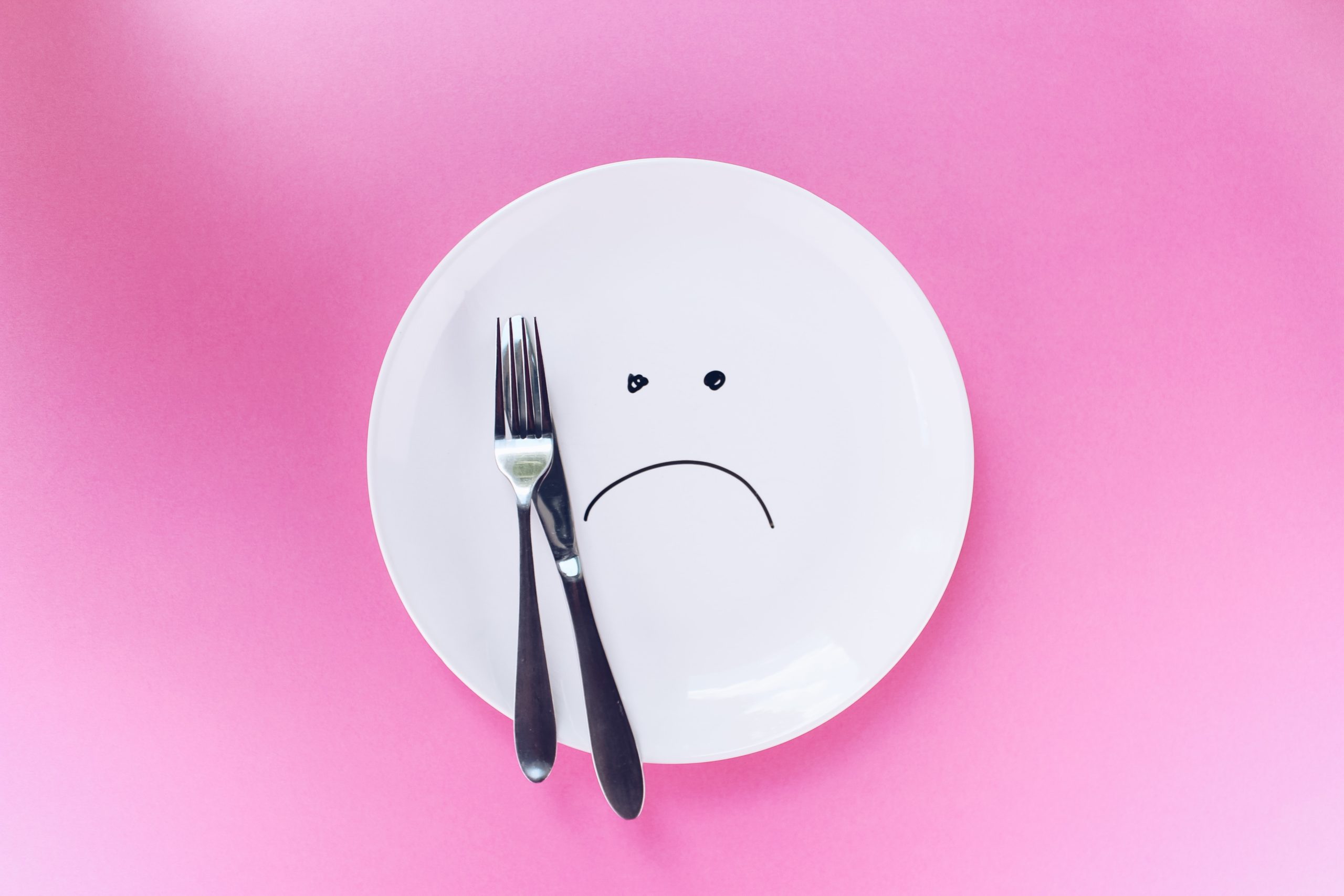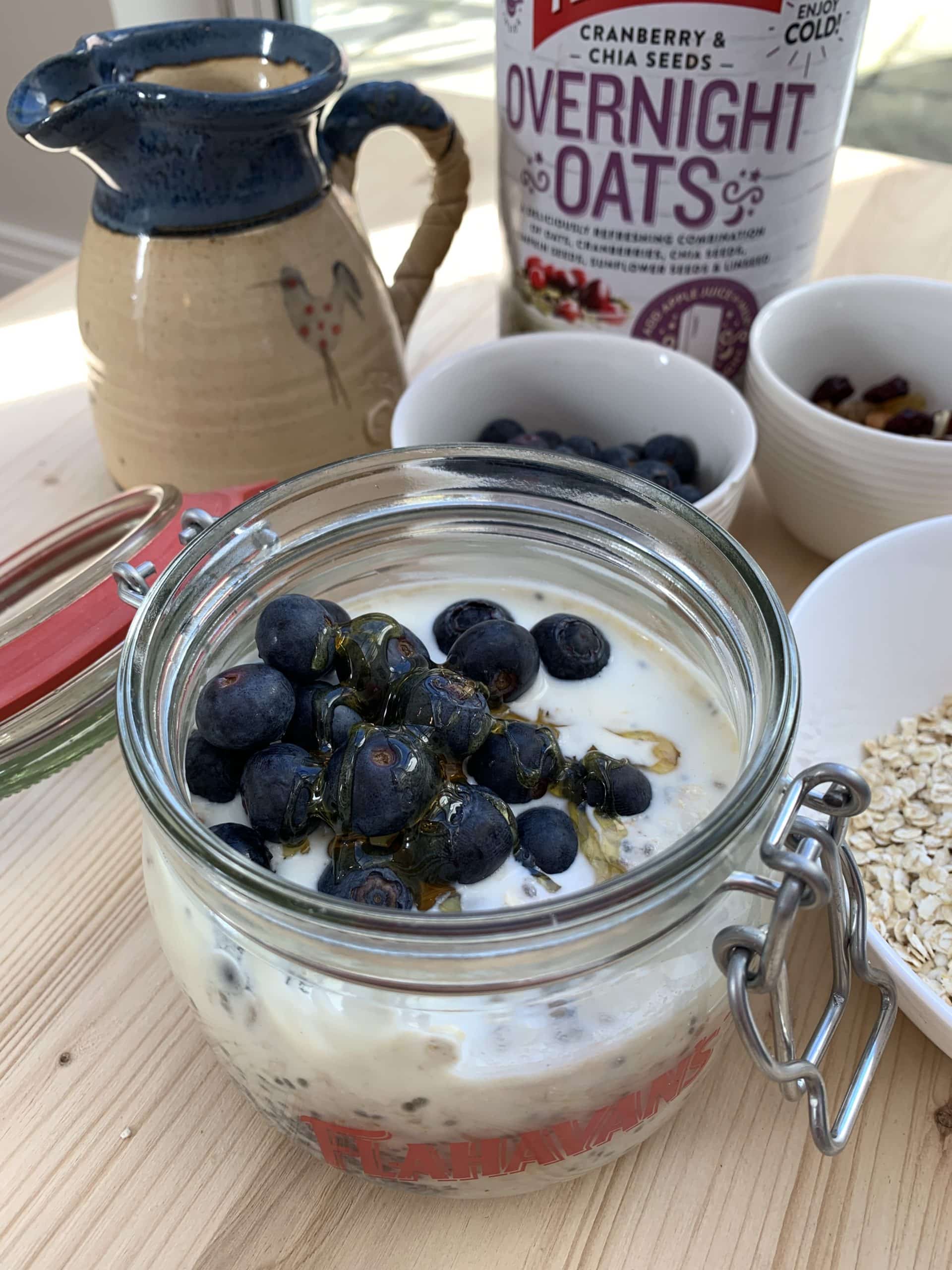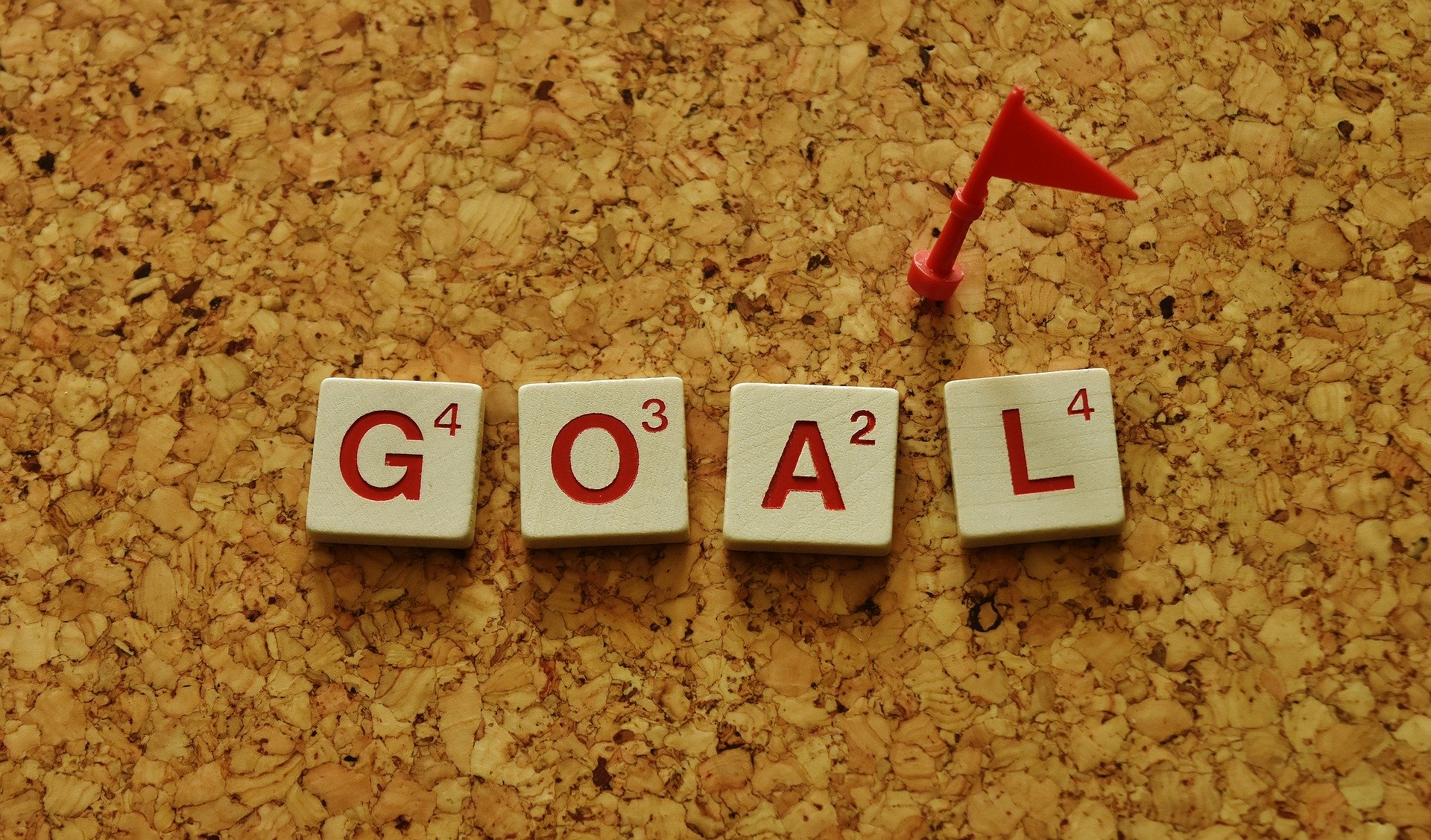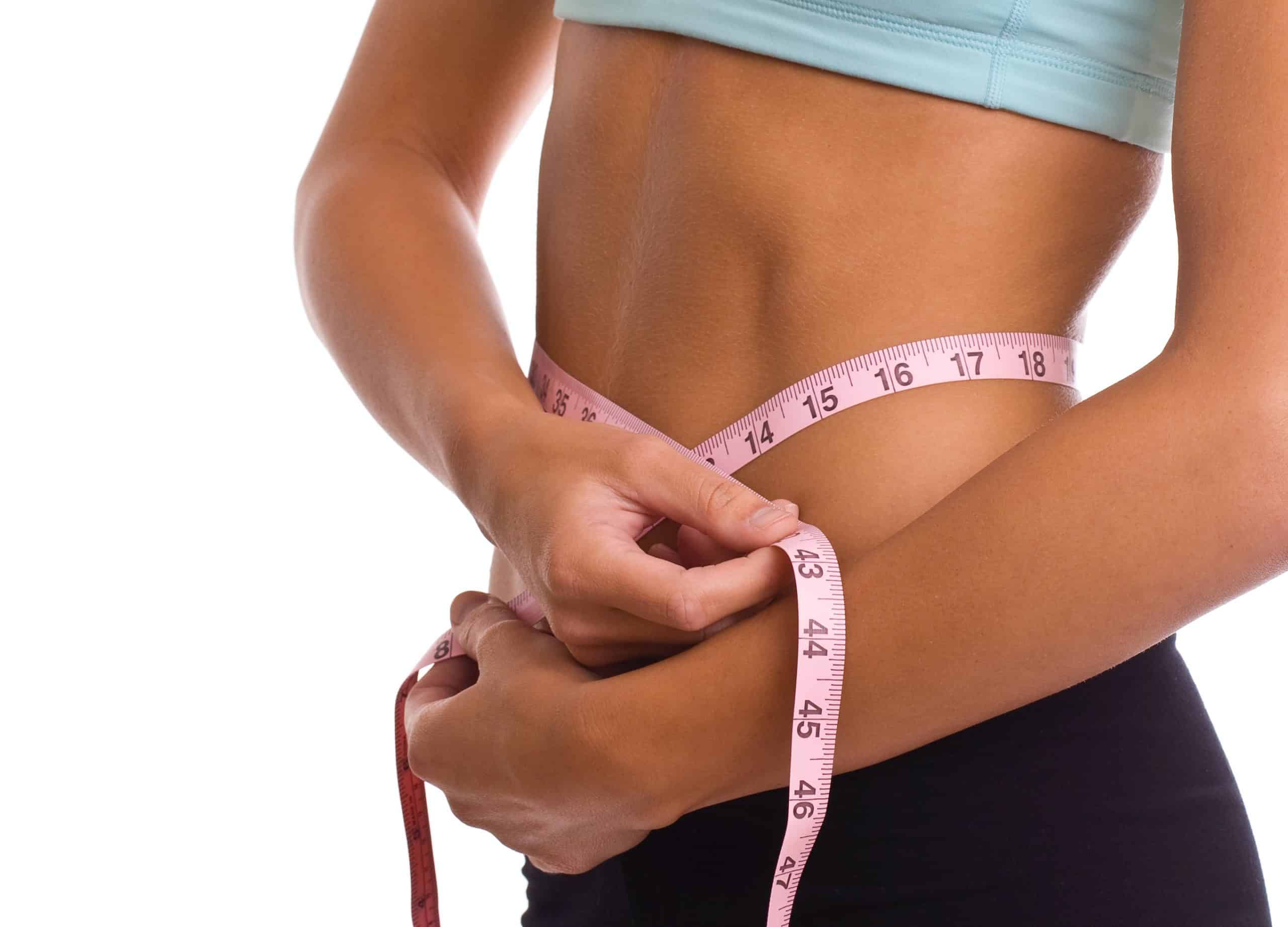Achieving a fat loss goal is not easy and it takes time, patience and a realistic mindset and a plan. Many, many diets fail and this is due to a number of reasons:
- The time frame set out to achieve the goal is too short
- No accountability or support network
- The person feels too restricted due to extremely low calories or removal of certain foods or food groups
- Demonisation of foods or food groups can create a negative mindset around the process
- Under-fueling and over-training causes fatigue, increased risk of injury and may reduce motivation
- Too many big changes to one’s current diet too quickly
- The plan is not individualised and tailored to suit that person, their goals and lifestyle.

To give you a better understanding of how you might approach your fat loss goal we have put together a sample case study which will allow us to demonstrate a positive approach to dealing with sustainable improvements in body composition:
Case Study:
Name: Jane
Age: 27
Weight: 76kg
Height: 170cm
Daily activity: Walks 15 mins to and from work each day and participates in three circuit classes per week. She also runs 7km – 10km on one other day of the week.
Goal: Lose ~10% body fat but maintain current lean body mass. This would work out at aiming to lose ~2.5kg per month over 3 months.
Jane could opt to go on an extremely low-calorie diet and try to achieve this weight loss in a short space of time (eg: 3 or 4 weeks). The issue with this is that Jane will likely experience a drop in energy levels, hunger signals will drastically increase, appetite will be more difficult to manage and overall energy output may be lower due to lower energy levels. Jane may also risk losing current lean body mass if this approach is taken.
A more sustainable, realistic option for Jane would be to:
- Input her weight, height and activity levels to the daveynutriton Performance Nutrition Calculator. Jane’s activity levels in this case would fall into the ‘lightly active’ category.
- Select ‘body recomposition 10%’ or ‘fat loss – moderate calorie deficit 15%’ in the ‘Your ‘Goal’ drop down box
- Drag her protein intake to roughly 2g per kg
- Decide how many meals per day she would like to consume. We recommend choosing 4 meals (3 main meals and snack)
- Allow herself enough time to achieve this goal safely and sustainably. We have an excellent article which explains how to structure a framework to achieve your health or performance goal.

The calculator will calculate the following daily guidelines if she chooses the 10% body recomposition option:
Calorie intake: 2368kcal
Protein: 158g
Carbohydrates: 217g
Fat: 96g
Choosing this option has created an energy intake for Jane which ensures that she is in a calorie deficit – ie; she is consuming less energy than she is using, allowing for fat-loss to occur.
This is the amount of energy from food that Jane would need to lose weight in a sustainable fashion and within a realistic time frame without compromising overall health or current lean body mass.
Following her calculations Jane can choose from a range of tasty meal plans which fit her requirements. For example Jane could opt from any of the following:
- The Maintainer (Female)
- The Veggie Plan (Female)
- 2300 Calorie Training Plan
- The Meal Prepper (Female)

Should Jane opt for the 15% fat loss- moderate calorie deficit option in the ‘Your Goal’ drop-down box her energy and macronutrients would be:
Calorie intake: 2131kcal
Protein: 158g
Carbohydrates: 188g
Fat: 83g
As you can see, protein intake for both the 10% and 15% calorie deficit remains the same and this is essential to help Jane to maintain current lean body mass and to help ensure that she is satiated (feels full) throughout the day.
With the energy and macronutrients listed above Jane could choose from the following meal plans
Quick & Simple 3 day 2100 calorie meal plan
The Minimiser – Female – Jane could add in a snack to increase the calories on this plan
There is also the option to remove snacks from plans such as the 2300 calorie training plan or the high protein 3 day 2400 calorie plan to help Jane to fulfill her calorie and macronutrient needs.
All of these meal plans listed above can act as a guide for Jane in the context of exercise to help her on her fat loss journey. When she chooses a plan she likes she can click ‘Save to My Plan’ at the bottom of that particular meal plan and this will be saved for Jane under ‘My Plans’ in the ‘My Account section of the website.
 Several essential elements play a role in achieving fat loss and strategies must be put in place in order to pursue a fat loss goal which is both sustainable and healthy. At daveynutrition our goal is to educate individuals about nutrition, health and mindset and to support you in achieving your goal. However, overall, you are the one who is in charge and in control of your decisions, progress and for achieving that end goal. There will be challenges with any goal and there will be days that are harder than others but when you have a plan, support and a comprehensive understanding of the things that keep you on track it makes it easier to achieve your end goal.
Several essential elements play a role in achieving fat loss and strategies must be put in place in order to pursue a fat loss goal which is both sustainable and healthy. At daveynutrition our goal is to educate individuals about nutrition, health and mindset and to support you in achieving your goal. However, overall, you are the one who is in charge and in control of your decisions, progress and for achieving that end goal. There will be challenges with any goal and there will be days that are harder than others but when you have a plan, support and a comprehensive understanding of the things that keep you on track it makes it easier to achieve your end goal.

Here are 3 out of 6 essential elements which can help you on your way to achieving your fat loss goal. The last 3 elements will be covered in Part 2 of this series.
1. Consider all of the pillars of health
 You may be extremely active, eat all the right foods, have someone or something to be accountable to and still be struggling to achieve your fat loss goal. The truth is that nutrition and exercise are just one part of the bigger picture, as mentioned above. Managing sleep, stress, your mental health and overall movement each day plays an enormous role in achieving your goal. Chronic stress, lack of sleep, periods of low mood, hormonal changes and lack of non-structured physical activity (ie; being extremely sedentary outside of structured exercise) can all impact on your ability to use the energy you put into your body efficiently and how this energy is stored or not stored. During any fat loss journey it is important to consider all elements of health and not just food and exercise. When setting your short, medium and long term goals it is important to consider lifestyle factors such as stress, sleep, mood, digestion and menstrual cycle. All of these other elements of health can influence food choice, exercise and therefore, your overall goal.
You may be extremely active, eat all the right foods, have someone or something to be accountable to and still be struggling to achieve your fat loss goal. The truth is that nutrition and exercise are just one part of the bigger picture, as mentioned above. Managing sleep, stress, your mental health and overall movement each day plays an enormous role in achieving your goal. Chronic stress, lack of sleep, periods of low mood, hormonal changes and lack of non-structured physical activity (ie; being extremely sedentary outside of structured exercise) can all impact on your ability to use the energy you put into your body efficiently and how this energy is stored or not stored. During any fat loss journey it is important to consider all elements of health and not just food and exercise. When setting your short, medium and long term goals it is important to consider lifestyle factors such as stress, sleep, mood, digestion and menstrual cycle. All of these other elements of health can influence food choice, exercise and therefore, your overall goal.
Keeping a track of these lifestyle factors in addition to your weight, measurements, exercise and food intake can help to identify where certain areas may need more work.

For example, Jane may track her stress levels on a weekly basis and rate them out of 10. For two weeks in a row she noticed that her stress levels have been higher and has also noticed her sleep hasn’t been great. In addition, her food choices have been poor and she skipped two out of three of her exercise sessions. From this, she may identify that the increase in stress has impacted her sleep, exercise and food and therefore, needs to be tackled in order for her to pursue your goal. Check out our other articles on determining your nutrition goal, setting targets for your goal and designing a framework for achieving your goal.
At daveynutrition, we recommend that whilst on your journey you keep a track of your weight, measurements, some progress photos and monitor food intake. However, we also highly recommend tracking stress levels, sleep quality and quantity, mood, menstrual cycle if female, digestion and hydration. Some measurements of progress are more suitable for some people than others and therefore must be applied on a very individual basis. Remember: food and exercise are just one part of a big picture and when you measure something it becomes easier to identify any issues and manage them quickly.

2) Be realistic about your goal
It would be absolutely fantastic if any goal we had in life could be achieved with a magic wand or the click of a finger but as we all know, this is not possible and the saying is true that nothing worth having comes easy. The process to achieving any goal is often where we learn the most about ourselves; what we struggle with and where we are stronger and this is no different to achieving a fat loss goal. It will take time and it will take an enormous amount of both trust and patience in the journey and in the goal. Setting a time frame of 1 month or even 2 months to lose a large amount of body fat is not realistic and it may lead to unhealthy behaviours around food and exercise including restriction, dips in mood, energy levels and focus.
 Fat loss should never occur at the expense of overall health and therefore, setting a realistic time frame, small weekly goals and a larger main goal will ensure you can get to where you want to go in a healthy manner. When beginning your journey try to identify where you are now in terms of your goal, your habits and routine, where you would like to be and where you may struggle along the way. Identifying potential areas or times where you may struggle can help you catch these negative thoughts early and allow you to put a plan in place to manage these struggles.
Fat loss should never occur at the expense of overall health and therefore, setting a realistic time frame, small weekly goals and a larger main goal will ensure you can get to where you want to go in a healthy manner. When beginning your journey try to identify where you are now in terms of your goal, your habits and routine, where you would like to be and where you may struggle along the way. Identifying potential areas or times where you may struggle can help you catch these negative thoughts early and allow you to put a plan in place to manage these struggles.
For example, Jane may know that each weekend she really struggles to stay ‘on track’ with her food choices and exercise and often ends up ‘starting again’ each Monday filled with a feeling of guilt and a negative mindset. In this instance each weekend it may be helpful for Jane to;
- plan a training session/run/walk with a friend
- prep some meals
- Plan or include ‘treats’ or foods that she enjoys
- Reflect on her goals
As previously mentioned, at daveynutrition we encourage people who are seeking fat loss to choose the 10% or 15% option on the Performance Nutrition Calculator when choosing their goal which will enable them to make subtle, achievable changes to their daily routine whilst enjoying food and exercise.
Although it may take slightly longer to reach your goal you are in a much better position to stick to the plan, enjoy your food and exercise and stay ‘on track’. As they say ‘it’s a marathon, not a sprint!’

3) Consider all measurements of progress
Using several measures of progress is key to ensuring that your fat loss journey is a healthy and sustainable one. Measuring your weight on the scales alone is not a helpful measure of your overall fat loss and many other factors and measurements of progress should be carefully considered and included.
 Back to Jane: it may be the case that her weight has not budged in three weeks but she feels fitter, stronger and her clothes are feeling looser. This is a key example of where the scales is not always the best measurement of progress. What may be happening here is that Jane is losing fat and building some muscle meaning that the scale weight is staying the same (or even increasing) but she is dropping body fat. Similarly, her energy levels have improved and her sleep quality and quantity is much better. Measurements of progress for different people may include things like:
Back to Jane: it may be the case that her weight has not budged in three weeks but she feels fitter, stronger and her clothes are feeling looser. This is a key example of where the scales is not always the best measurement of progress. What may be happening here is that Jane is losing fat and building some muscle meaning that the scale weight is staying the same (or even increasing) but she is dropping body fat. Similarly, her energy levels have improved and her sleep quality and quantity is much better. Measurements of progress for different people may include things like:
– body measurements (waist, hip, thighs and scale weight)
– sleep quantity and quality
– stress levels
– energy
– hunger
– adherence to plan
– mood
– photos
 As briefly mentioned above, another key measurement to consider are progress photos. Taking photos at the beginning of your journey and throughout and comparing these can often highlight changes which you cannot feel very clearly or see on a scale.
As briefly mentioned above, another key measurement to consider are progress photos. Taking photos at the beginning of your journey and throughout and comparing these can often highlight changes which you cannot feel very clearly or see on a scale.
However, as discussed, not all of these measurements may be suitable for you. Jane may benefit from not tracking weight at all, depending on her goal and would benefit from other measurements such as how she feels in clothes, energy levels and sleep. This highlights further the importance of finding what works for each individual.
Stay tuned for Part 2 of this sustainable fat loss series where we will discuss understanding your ‘why’ and motivations behind your goal, how to be accountable and achieve your goals without guilt holding you back!
At daveynutrition we are here to help you to achieve your fat loss goal through our Performance Nutrition Calculator, customisable Meal Plans, blog, video content, social media presence and dedicated team of nutritionists. Get in touch with us today to find out how we can join you and support you on your health, performance or fat loss journey. For information regarding our Group Nutrition Guidance Coaching or our Premier 1:1 nutrition coaching please contact expertsupport@daveynutrition.com.








